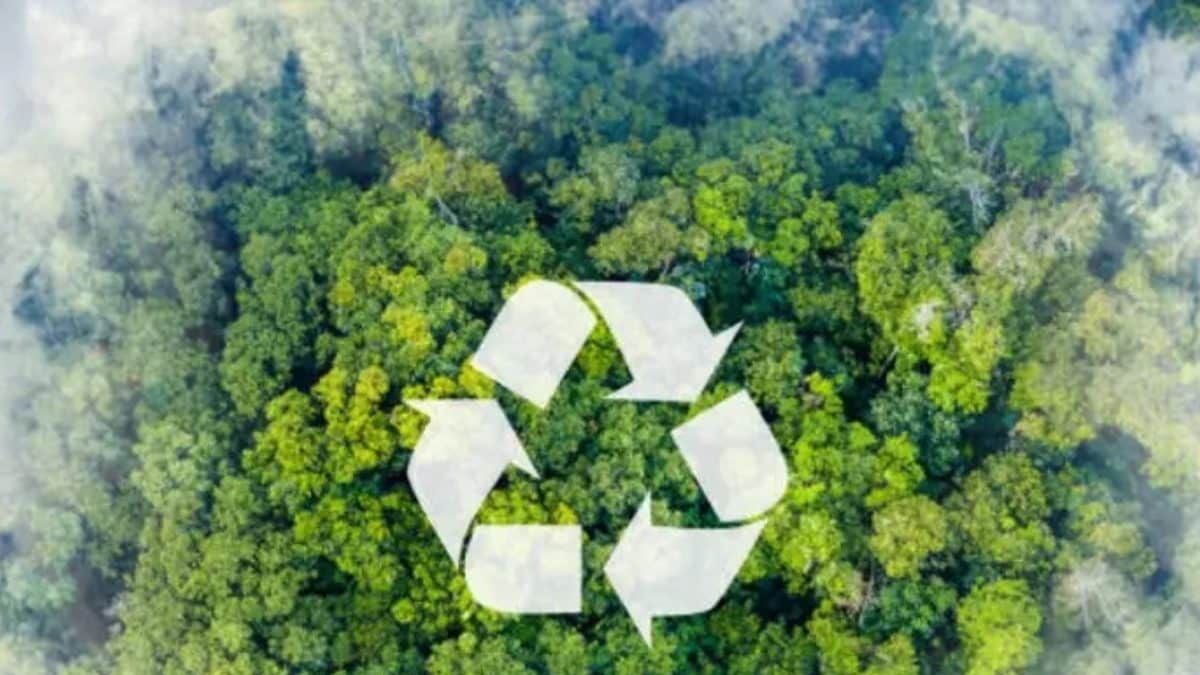Refurbished electronics are shaping the future of sustainability and affordability in India.
India is at the forefront of the rapidly expanding global refurbished electronics industry.
The global refurbished phones market is experiencing significant growth, valued at $48.29 billion in 2023 and projected to nearly double to $94.1 billion by 2030. At a compound annual growth rate (CAGR) of 10% over this period, the expansion reflects a growing recognition of the economic and environmental benefits of refurbished products. In India, the used smartphone market is valued at approximately $5 billion today and is expected to grow to $10 billion by 2030. This upward trend highlights a shift in consumer behavior towards more sustainable purchasing options, in line with the broader goal of minimizing e-waste and fostering a circular economy.
Demand for refurbished electronics has increased, particularly with the surge in tech products during the global pandemic and the shift to a work-from-home culture. India stands out globally for its rapid adoption of refurbished products, outperforming many other markets. Refurbished products, which were once viewed with skepticism, now come with extended warranties of 1-2 years, which has significantly improved consumer confidence in their quality and reliability. These products serve as excellent entry points for cost-sensitive consumers, reducing barriers to accessing high-quality technology. Additionally, businesses are increasingly turning to refurbished assets to reduce IT spending without compromising performance or productivity.
While the financial savings generated by refurbished products are significant, the real impact lies in their contribution to the environment. By extending the lifecycle of electronic devices, the refurbished market reduces the demand for raw materials, lowers the energy footprint associated with manufacturing new products, and actively contributes to global sustainability goals. This aligns closely with India’s “Viksit Bharat 2047” vision, which envisions a more sustainable and advanced economy.
E-waste, the fastest growing waste stream globally, represents a huge opportunity to recover key metals and plastics that can be used as raw materials for manufacturing new products. The e-waste recycling market in India is expanding rapidly, driven by the country’s growing consumption of electronic products and increasing awareness of the need for sustainable waste management. By 2030, the e-waste, plastics and battery recycling market is projected to reach $20 billion.
As the third largest producer of e-waste globally, India generates over 3 million metric tonnes annually, highlighting the immense potential of this market. The formal e-waste recycling sector in India is expected to grow at a compound annual growth rate (CAGR) of 14-15% in the coming years. This growth is being driven by government initiatives such as the E-Waste Management Rules 2022 and the Extended Producer Responsibility (EPR) policy, which promote formal recycling and collection networks. Additionally, there is a growing demand for precious materials such as gold, silver, and copper that can be recovered from e-waste.
India’s drive towards a circular economy – one that prioritises reuse, recycling and resource efficiency – is more than just a green initiative – it is an economic imperative. By embracing circularity in the electronics sector, India is not only addressing environmental issues but also seizing new economic opportunities. The future of e-waste and refurbished recycling markets will be a cornerstone in achieving India’s sustainability and growth ambitions.
(Contributions from Abhishek Agashe, Co-Founder and CEO, Elima)












